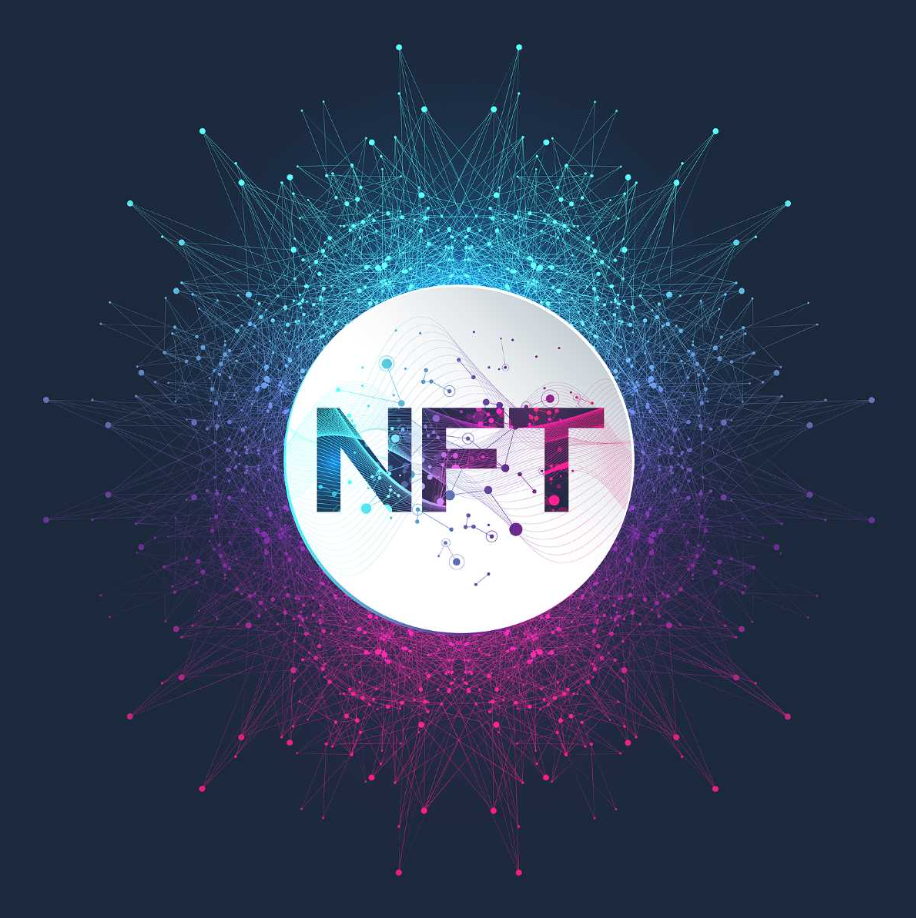In a pioneering move within the blockchain space, Alex Glochowski, the co-creator of zkSync, a prominent Ethereum layer 2 scaling solution, has unveiled an innovative governance solution known as "L1 Fork" as the Court of Final Appeal. This proposal aims to address the ever-present risks associated with smart contract implementations while introducing a hierarchical on-chain court system reminiscent of real-world judicial structures.
Taking to Twitter, Alex G brought attention to his groundbreaking governance system, challenging the existing norms in the blockchain industry. He outlined several limitations and challenges faced by the current system, particularly its inability to effectively handle emergency situations during upgrades.
Smart contract implementation risks have remained a prominent, unsolved issue in the DeFi (Decentralized Finance) landscape, and Layer 2 solutions are no exception.
Alex G began by pointing out the limitations of the existing fork choice resolution, highlighting that assets bridged from Ethereum cannot be forked. He emphasized that a bridge nullifies the advantages of forkability, rendering it less effective than a rollup solution.
To address these challenges, Alex G proposed the establishment of a new hierarchical on-chain court system. This system would allow each protocol to have its governance structure with predefined mechanisms for both normal and emergency upgrades. An essential aspect of this proposal is the introduction of an appeal period, during which the court's decisions can be challenged, followed by a response from the court.
Alex G envisioned this proposal as a completely decentralized system, where various courts would have different members, procedures, and reputations, all ultimately connected to the Ethereum Supreme Court. The decision of this smart contract could only be altered through a technically soft fork at the Layer 1 level.
Ultimately, this innovative system seeks to establish a "social consensus" and replace the conventional and occasionally expensive traditional court systems. It aims to safeguard protocols against political interference, acting as a powerful deterrent mechanism. This proposal has the potential to elevate Ethereum's role as a robust network state and revolutionize the governance landscape within the blockchain industry.










